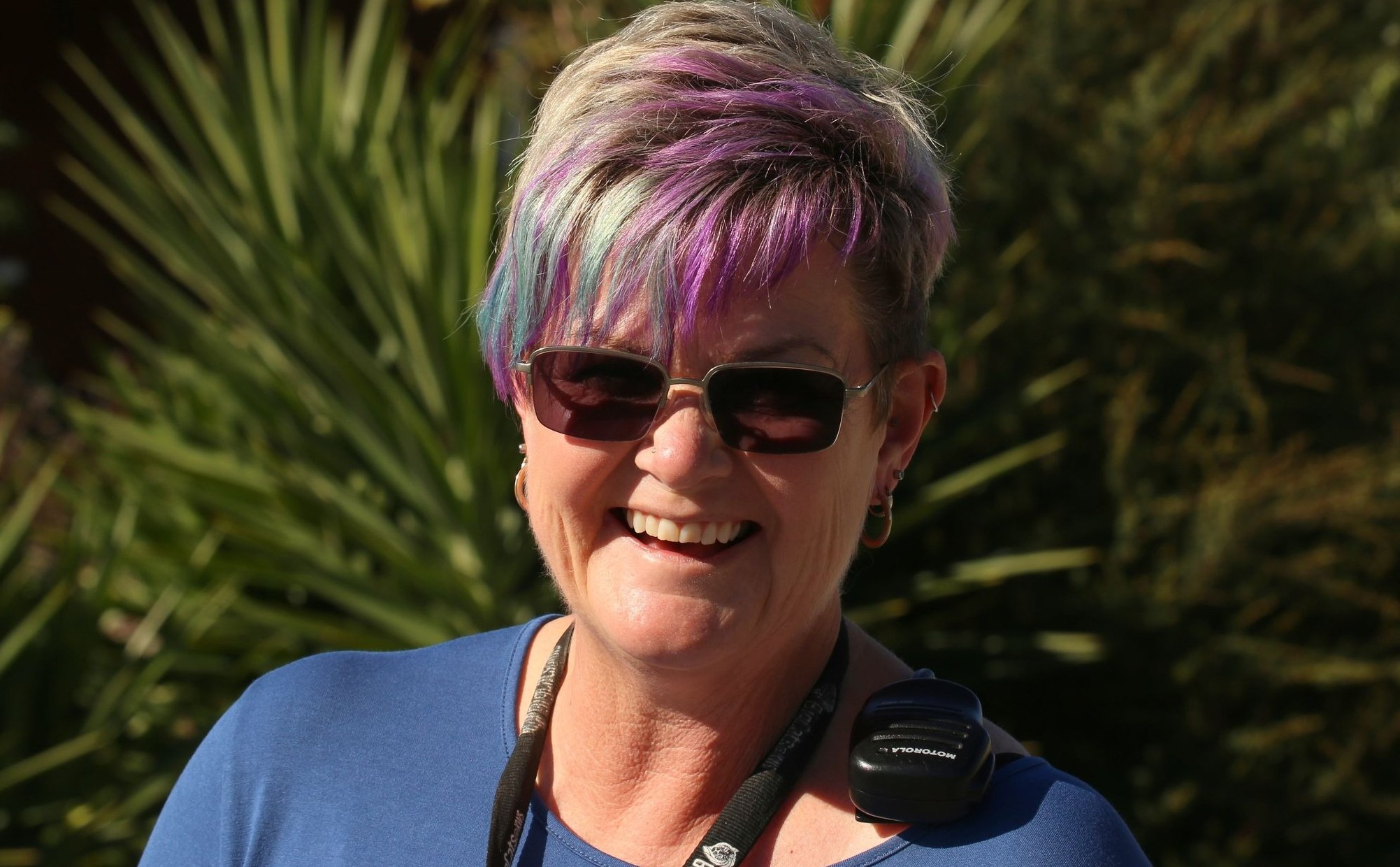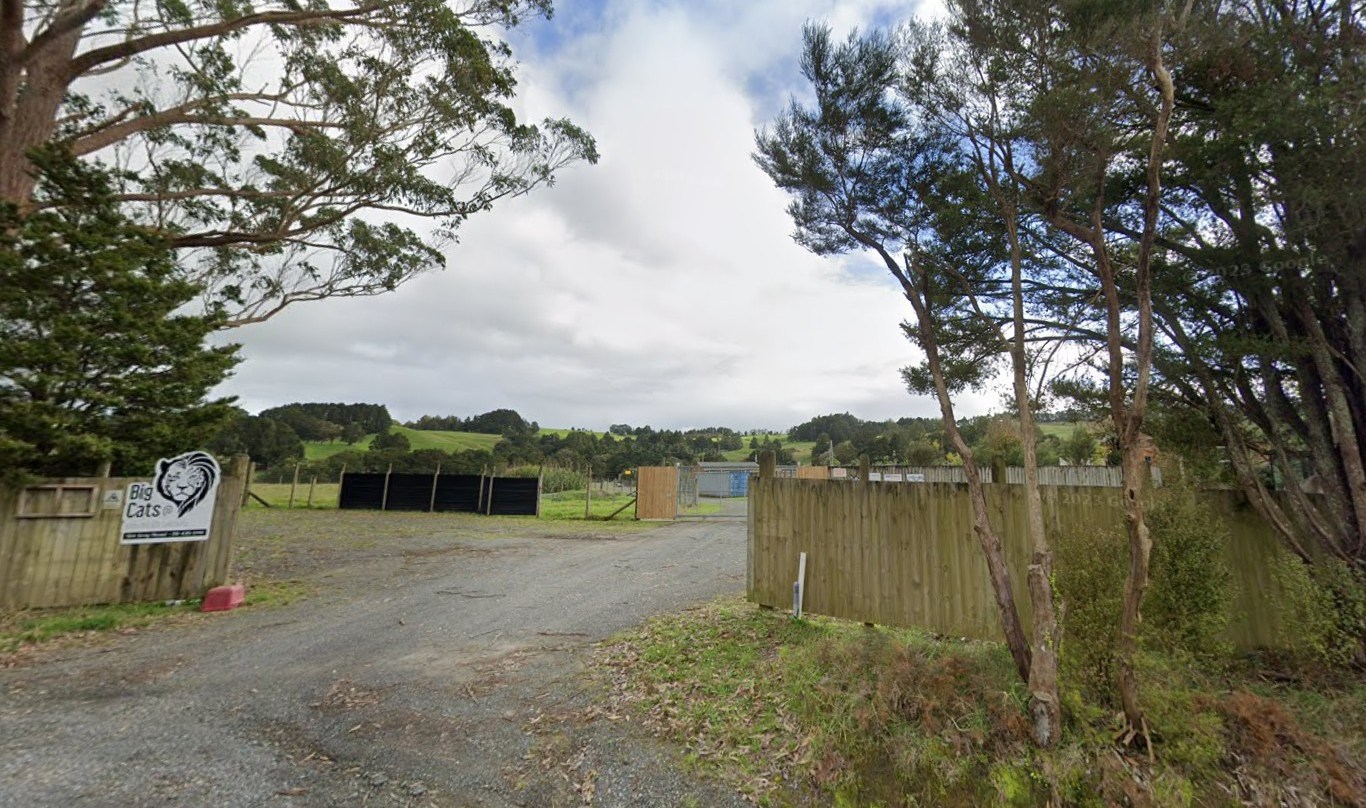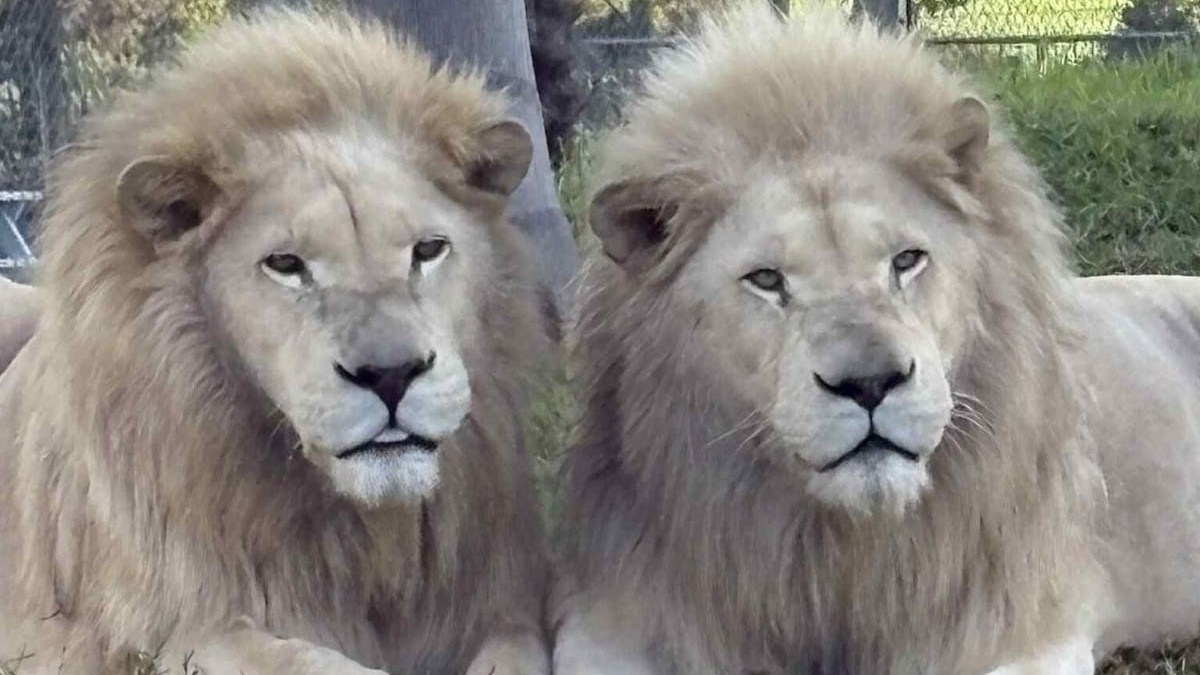A New Zealand wildlife park experiencing financial difficulties has provoked an outcry after euthanising two lions and planning to kill five more.
The privately owned Kamo Wildlife Sanctuary, in the city of Whangarei in the north of New Zealand’s north island, has been for sale since August.
The sanctuary said it had been left with no choice but to end the lives of the ageing big cats, which had “serious health conditions that were not treatable and were deteriorating”.
The fate of the five remaining lions at the park remained unclear on Thursday but the park operator, Janette Vallance, said in a statement on Facebook that the park was exploring “every possibility”.

Vallance said the owners, Bolton Equities, had initially said they would have to euthanise all seven big cats at the sanctuary after their last weekend of trade. Vallance said the animals were all between 18 and 21 years old, and that there were “no real options left”.
After the first two lions were euthanised, Vallance said she acknowledged the significant backlash from the public, many of whom were pleading for the remaining five lions — the females Shikira, 21, and Cleo, 19, and males Abdullah, 19, Timba, 18, and Themba, 18 — to be relocated.

The park’s actions follow that of a zoo in the southern German city of Nuremberg that shot 12 Guinea baboons in July due to overcrowding, after which their remains were fed to predators.
Seven animal rights activists were arrested after they entered Tiergarten Nürnberg zoo in protest, including a woman glueing her hands to the ground near the entrance. Animal rights groups filed a criminal complaint against the zoo for culling baboons they said were in “perfect health”.
• American zoos don’t feed ponies to the lions — should they?
Late on Thursday a New Zealand charitable trust, Huha NZ, which has rescued circus monkeys and crocodiles from the Solomon Islands, said it wanted a chance to save the remaining lions.
“We’re kind of doing a little hustle to see if we can pull off a miracle,” the trust’s chief executive, Carolyn Press-McKenzie, told the Northern Advocate. “We just don’t know if we’re going to pull it off but we haven’t run out of puff yet. We’re going for it,” Press-McKenzie said.
Bolton Equities took ownership of the sanctuary in 2014, shortly after the park was closed to the public by the authorities for failing to meet the requirements for animal enclosures. It remained shut for seven years, before reopening in 2021. It was put into involuntary liquidation in 2023.

